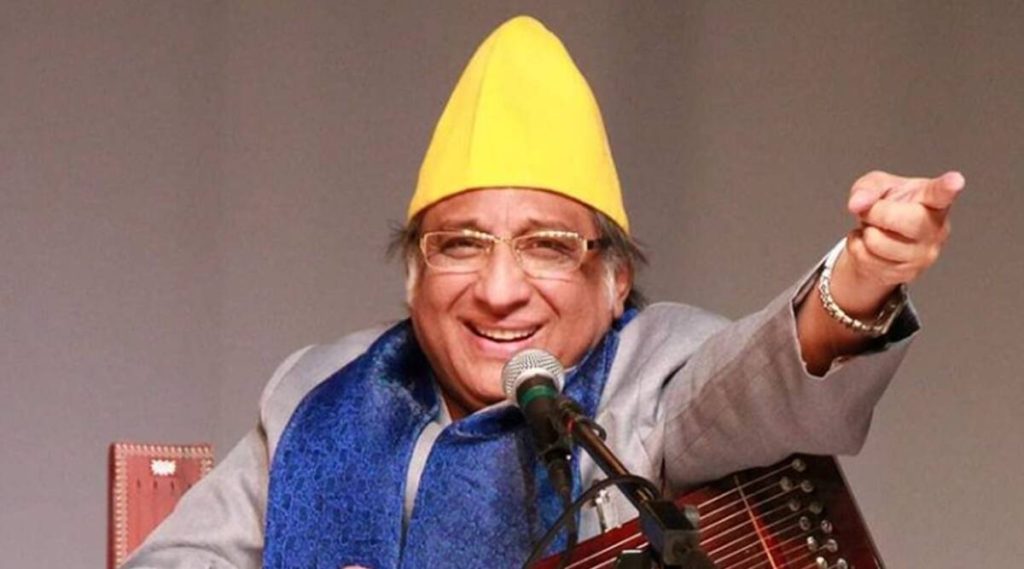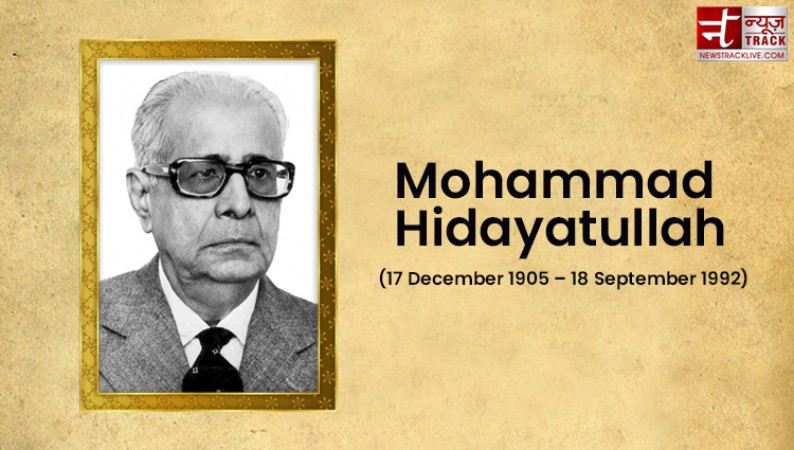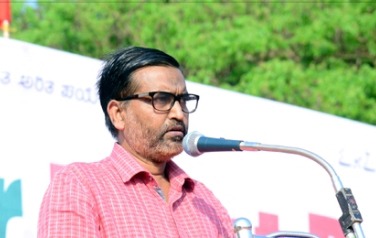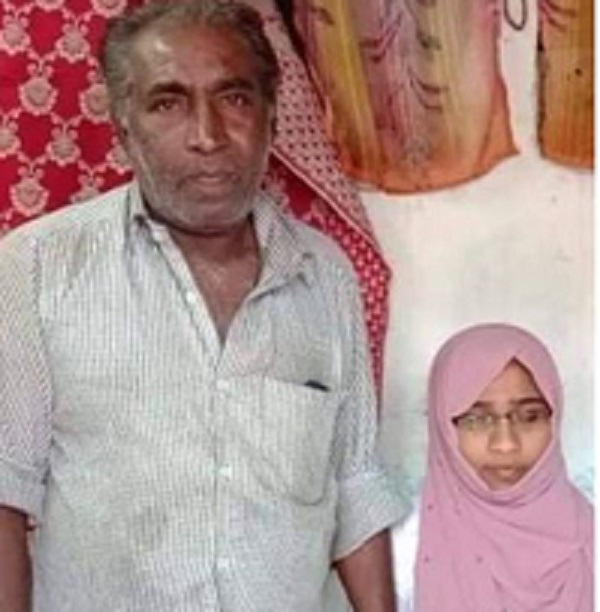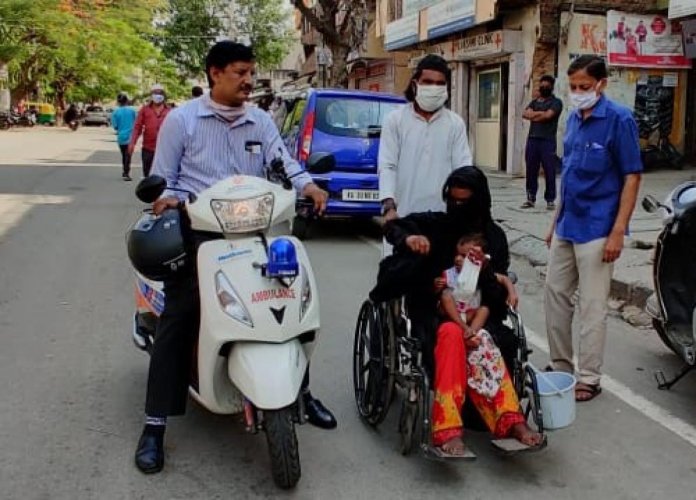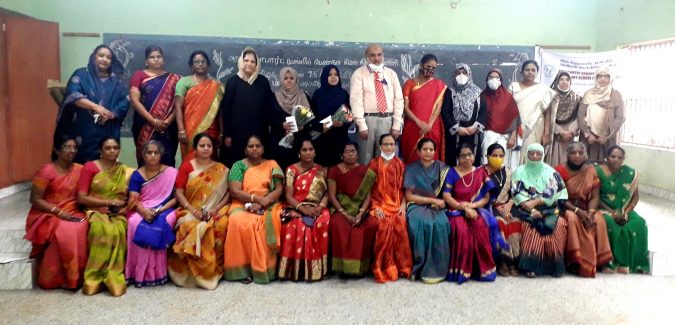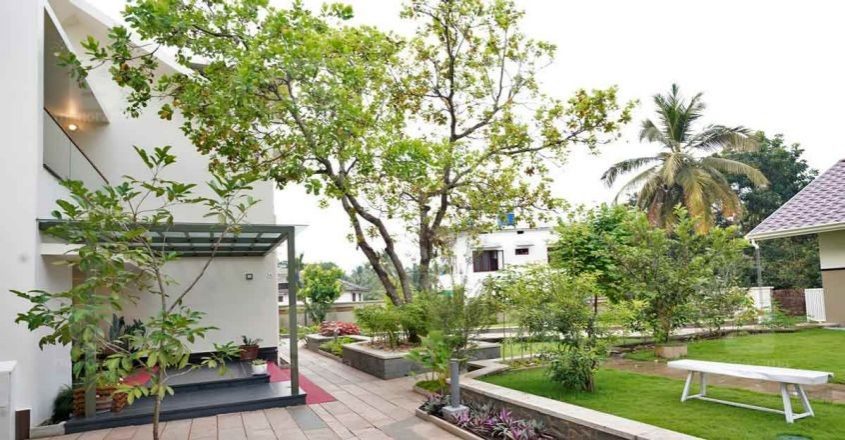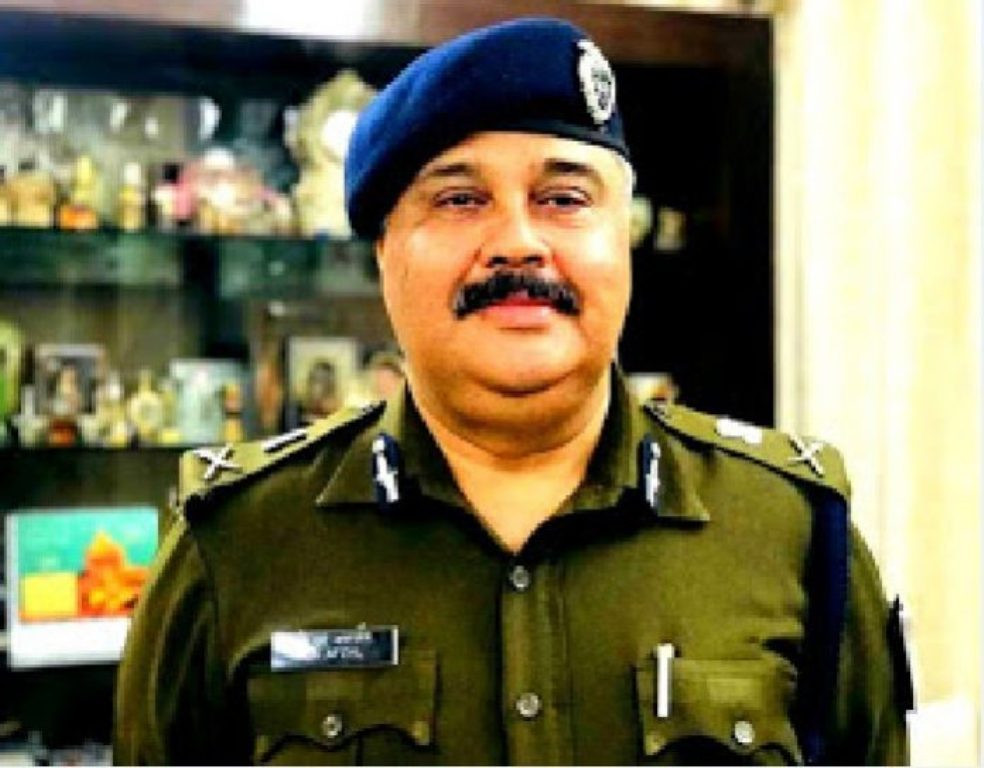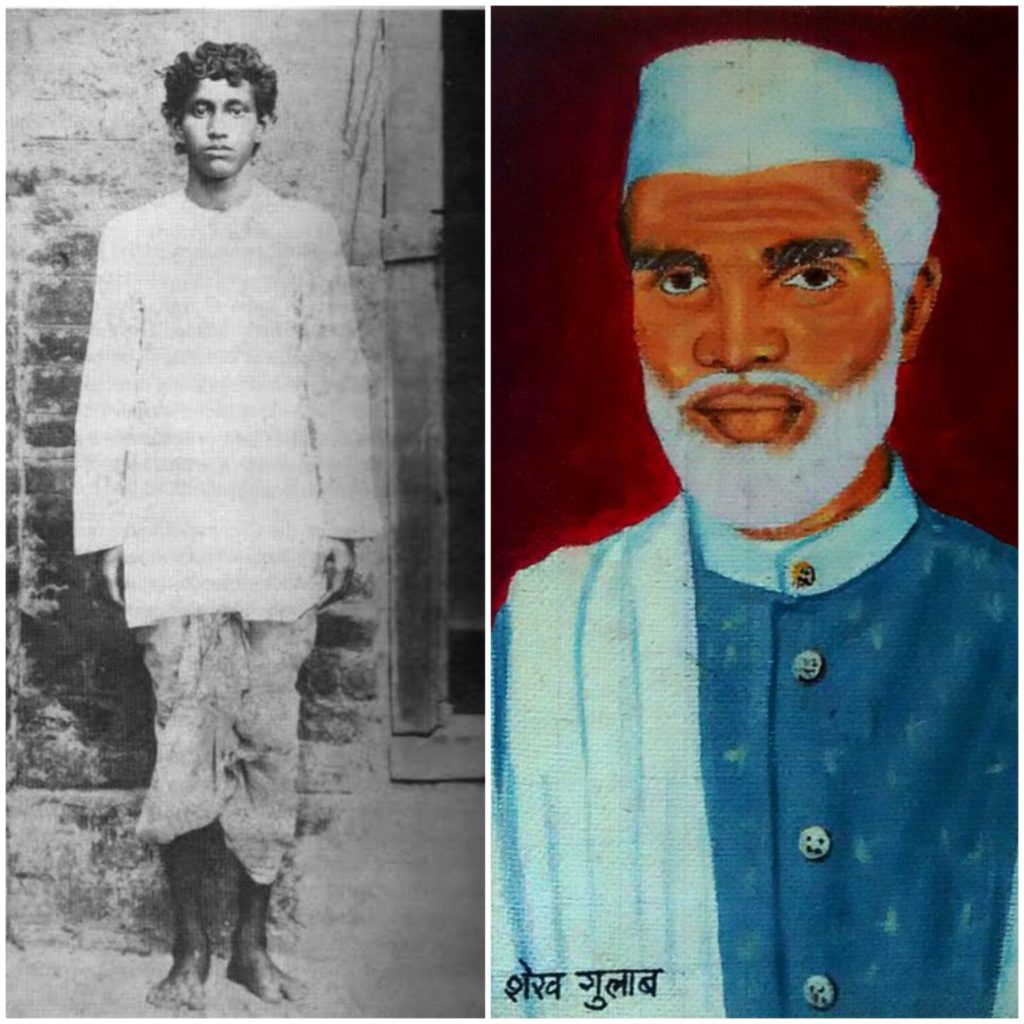Jeddah, SAUDI ARABIA / Hyderabad, TELANGANA :
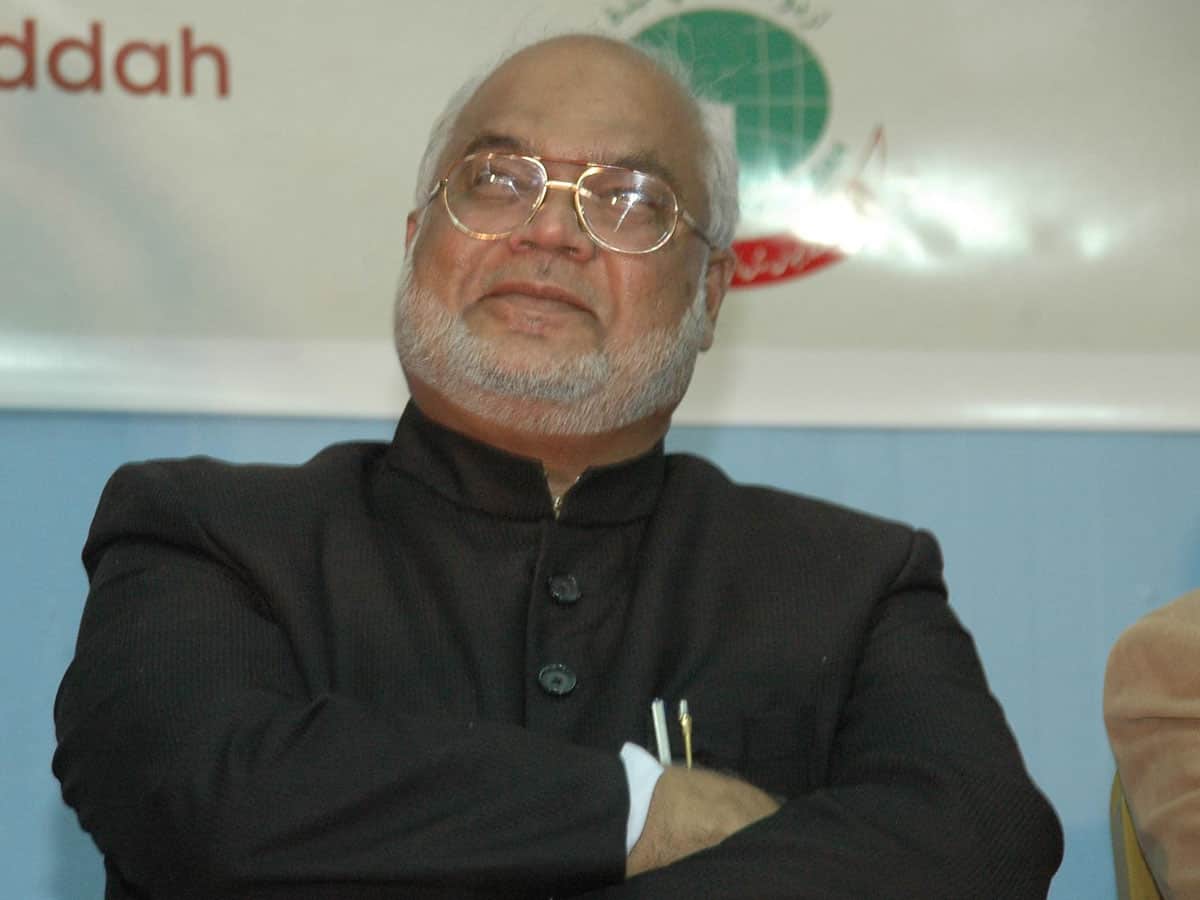
Syed Jamaluddin Quadri who was known among his friends and family members as Khusro passed away last year in Hyderabad, his hometown.
He wasn’t keeping well for quite some time. I had been told that he has developed difficulty in walking owing to serious knee problem.
I remember Jamal as Jamaluddin and not as Jamalullah that he is referred to by many of his friends.
When his close friend and companion Sheikh Ibrahim said his organization is bringing out a special issue on him and wanted me to pen my own thoughts, I agreed immediately.
His demise had triggered a stream of memories ranging from his childhood to the time he spent in Jeddah. I had attended his funeral prayers that were held at Abdullah Shah Saheb mosque in Hussaini Alam.
I first came to know of him when I was admitted to Modern Kinder Garten, a new English medium school in Hussaini Alam, the area in which I too lived. I was not alone in not knowing the meaning of Kinder Garten. We always thought it was Kinder Garden. And no one took pains to explain to the students the meaning of the school’s name. It was much later in life that I came to that Kinder means children and garten means garden.
Khusro was two years senior to me in the school. Traditionally, the juniors do not get the attention of the seniors. But circumstances at the school were such that I came to know of him and his family in the first few weeks of entering the MKG. His father Janaab Imaduddin sahib, a salt and pepper bearded gentleman was committed to the cause of education. He was looked at with tremendous respect by his peers, teachers and students. Khusro was his only male child. He had sisters, older and junior to him. Some of them taught at the school. We the students called them Bajis. One such sister, Rafia Baji, later became the Principal of the school. That of course was much later than I left the school. Interestingly, the school is still working.
I distinctly remember two incidents from the MKG days. The first was a Kabbadi tournament where we the fourth or fifth class students were pitted against the eighth class boys in the finals. Khusro was in that team which won the tournament. We had no regrets in losing to the big boys because we had given them a tough competition. In fact, we won more appreciation as we were the underdogs.
The second incident belonged to the annual day function that was organized in the mid-sixties. The war with China was still fresh in the minds, therefore, the management decided to present a play on that subject. The play showed the dedication of the people to sacrifice their lives for the country. The story revolved around a family that had just celebrated the wedding of its son who was on vacation from his army duty. Khusro played the bridegroom wearing an impressive army uniform. Since the girls were not allowed to take part in the play on stage, especially with the boys, the management was looking for boys who could play the female characters. My friend and classmate Abdul Wahab Abid played the role of Khusro’s mother and I was cast as his newly wed bride. As I was being prepared in a red bridal dress and jewelry for the stage a senior student, Nayeem, suddenly entered the room, stared at me intently for a few moments and suddenly kissed on my cheek and ran away. He left me red-faced and bewildered. I believe he was punished for the ‘mischief’ later.
It was a great show where the beautiful bride asks her handsome husband to attend to the call of the nation and fight against the enemy. But she does it with lots of weeping. That patriotic play was a hit.
A few years after I left the MKG I was invited by Khusro and his group of dedicated friends to teach younger students at a mosque during early morning hours every day. I accepted the offer and joined the group. That was a great social initiative led by Khusro. I saw in him at that age the leadership qualities that blossomed further during his long stint in the Kingdom of Saudi Arabia to which he had migrated in the middle seventies. Incidentally, many of those who had worked in that mosque also left for the Kingdom. These young men and their families lived in a neighbourhood located on way to King Abdul Aziz University in Jeddah. It was perhaps called Kilo Six or Seven.
After joining Saudi Gazette, one of the two English language newspapers published from Jeddah, in early 1982 I started meeting some of the members of that group. I found that in his own way Khusro had kept his tradition of social activism alive. He was helping the newly arrived Indians to find jobs and settle down. He was holding weekly classes on social and religious norms of the Kingdom and explained to them matters pertaining to religion.
He began working for the preservation and promotion of Urdu by helping students. He also started the tradition of celebrating The Education Day in commemoration of the birth anniversary of Maulana Abul Kalam Azad, every year on November 11. To coincide with the occasion he was regularly bringing out a souvenir on Maulana Azad. While I was working with Maulana Azad National Urdu University in Hyderabad as its Consultant/Advisor he used to phone me asking for my articles for the souvenir. I contributed a couple of write-ups on Maulana Azad for the souvenir.
His another area of interest was Jamia Nizamia, the 135 years old Islamic institution in Hyderabad. He invited Aalims and scholars to Jeddah to be part of the celebrations he would organise to sustain the interest in religious education among Indians, especially students, who were missing a lot by being away from their homeland.
A Sufi by the belief he never hesitated in working with different groups. I remember his regular meetings with Janaab Maslehuddin Saadi with friends to gain more knowledge about Sufi philosophy and practices.
I also remember the deep sorrow in his eyes when one of his sons drowned in the sea near Visakhapatnam. That boy was spending his vacation there. But Khusro managed to control it and did not allow the tragedy to deter him from his regular work.
I truly believe that people like Khusro come from are a rare breed. They do not forget that they have to play their role, however small or insignificant it may sound. I hope his friends in Hyderabad as well as those who are still in the Kingdom of Saudi Arabia or in other parts of the world would carry forward his positive work.
Mir Ayoob Ali Khan is a Senior Journalist who has worked with Saudi Gazette, Deccan Chronicle and Times of India. He is currently associated with Siasat.com, an English language news portal.
source: http://www.siasat.com / The Siasat Daily / Home> Featured News / by News Desk / December 28th, 2020
